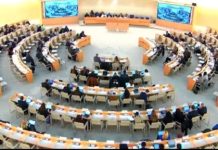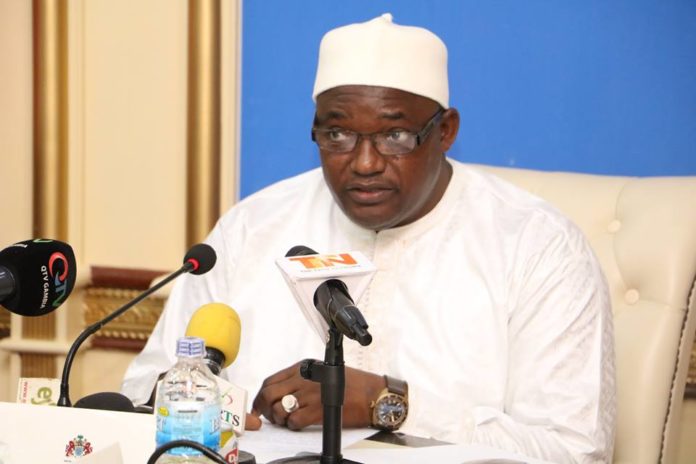QUESTION OF THE DAY
The interview is said to have gone viral and a countless number of interviews and comments followed. It is important to draw lessons from the interview.
The first lesson is the way the ministerial posts were allocated. According to President Barrow some Coalition members demanded for posts whilst he allocated posts to others. This gives the impression that the Coalition leaders had no say in determining how President Barrow’s cabinet was constituted. This means that the Coalition had no input as a group in determining the cabinet appointments. This is why he says that he has a bus which leaders ride and alight according to his will. He mentioned how the UDP, the PPP, the PDOIS and GMC were allocated ministerial posts. The more he explained the more it appears that he was giving posts to personalities rather than to parties especially when it came to PPP and PDOIS. He explained whom he wanted to give ministerial post. He also mentioned the controversy in filling the post of vice president. He explained how he struggled to confirm the age of the person he appointed vice present which culminated to the constitutional amendment to remove the age limit to become vice president.
He did mention specific ministerial posts for all the political parties but did not mention what post he offered to Halifa Sallah. Of course in previous statements Halifa Sallah had indicated that the issue of requesting or being offered a ministerial post never arose because of his conduct. It was clear to both of them that that it was not part of the agenda. He added that he offered him to become an adviser but he declined to be a paid adviser but volunteered to be an unpaid adviser. Hence the lesson is clear. At no time did the coalition come together to have any impact in determining cabinet appointments but because of party consideration receiving cabinet posts. He therefore started to be an executive president from the day he started to make his cabinet appointments.
Hence no one should be surprised of the frequent cabinet reshuffle which has almost led to the removal of all those of all those who were considered representatives of political parties in the cabinet.
Now the Gambian people are preoccupied with the question of whether a Coalition exists at the moment. The Coalition talks have not reached a conclusion and President Barrow’s interview may have put the nail in the coffin of the Coalition. He has given all indication that he will serve for five years and has also given pointers that he may proceed to contest the next election.
The interview has answered most of the questions that people have been asking. There is need for the Gambian people to take stock on the way forward for the country rather than getting into a mudslinging exercise with the Barrow administration. President Barrow knows what he wants and he is bent on getting it. Do we know what we want? Time will tell.



















